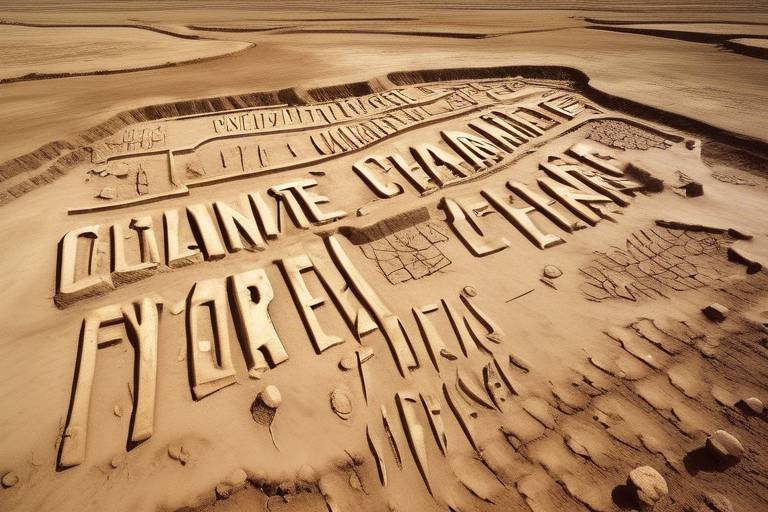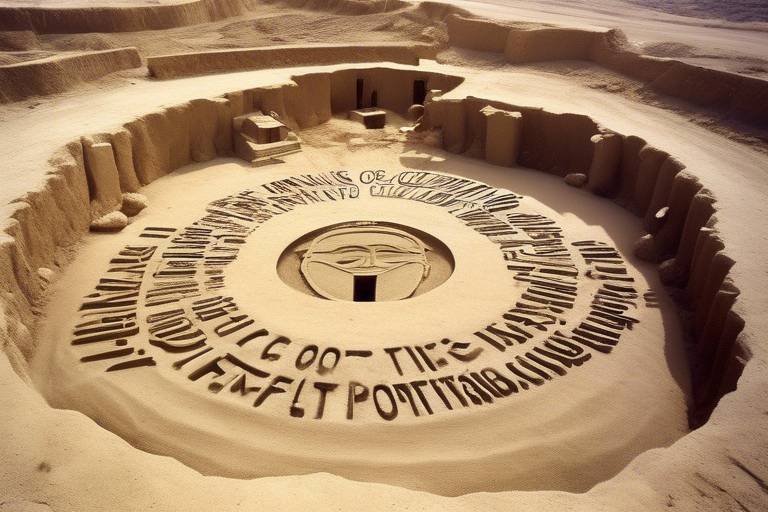How Feminist Archaeology Challenges Traditional Narratives
Exploring the impact of feminist perspectives on archaeological interpretations and how they challenge conventional historical narratives, shedding light on the roles and contributions of women in ancient societies.
Feminist archaeology stands as a powerful force reshaping the way we view the past. By delving into the often overlooked stories of women, it challenges the traditional narratives that have long dominated historical discourse. Through a gendered lens, feminist archaeologists bring to light the hidden roles and contributions of women in ancient societies, painting a more complete and accurate picture of our collective history.
When we look at artifacts through the eyes of feminism, we start to see beyond the surface. Objects that were once dismissed as mundane or insignificant are now seen as crucial pieces of a larger puzzle, offering insights into the lives and experiences of women in the past. This reinterpretation not only enriches our understanding of history but also challenges the biases and assumptions that have shaped archaeological interpretations for centuries.
One of the key focuses of feminist archaeology is the exploration of gender and power dynamics in ancient societies. By analyzing how gender intersected with structures of authority and influence, feminist approaches reveal the complex web of social relationships that governed past communities. Through this lens, we uncover the hidden hierarchies and power struggles that have long been obscured by traditional narratives.
Queering archaeology introduces a fresh perspective into the field by challenging heteronormative assumptions in historical interpretations. By questioning traditional notions of gender and sexuality, this approach opens up new possibilities for understanding the diverse identities and experiences present in ancient cultures. It prompts us to reimagine the past in a way that is more inclusive and reflective of the complexities of human society.
Turning our attention to the archaeology of the body, feminist scholars delve into the study of human remains to uncover insights into issues of gender, identity, health, and social status. By examining skeletal remains and burial practices, they piece together the biographies of individuals who were once marginalized or ignored in historical narratives. This focus on the physical body allows us to connect with the past on a more intimate and human level.
Intersectionality in archaeological research expands the scope of inquiry by considering how factors such as race, class, and ethnicity intersect with gender in shaping past societies. By acknowledging the complex interplay of these various identities, feminist archaeology offers a more nuanced understanding of the diversity and complexity of ancient cultures. It challenges us to move beyond simplistic categorizations and embrace the multifaceted nature of human experience.
Community collaboration and indigenous perspectives play a crucial role in feminist archaeology, emphasizing the importance of inclusive and ethical research practices. By engaging with local communities and incorporating indigenous knowledge, archaeologists can gain insights and perspectives that are often overlooked in traditional academic settings. This collaborative approach fosters a more holistic and inclusive understanding of the past.
The movement towards decolonizing archaeology represents a critical shift in the field, challenging the colonial legacies that have long influenced archaeological practice. By advocating for a more equitable and diverse representation of past cultures, decolonizing efforts seek to rectify historical injustices and empower marginalized voices. This push for decolonization paves the way for a more inclusive and equitable future for archaeological research.
Looking ahead, the future of feminist archaeology holds both exciting possibilities and significant challenges. As the discipline continues to evolve, there is a growing emphasis on promoting gender equality, diversity, and social justice within archaeological practice. By embracing these values and pushing for systemic change, feminist archaeologists are reshaping the field in ways that are profound and impactful.
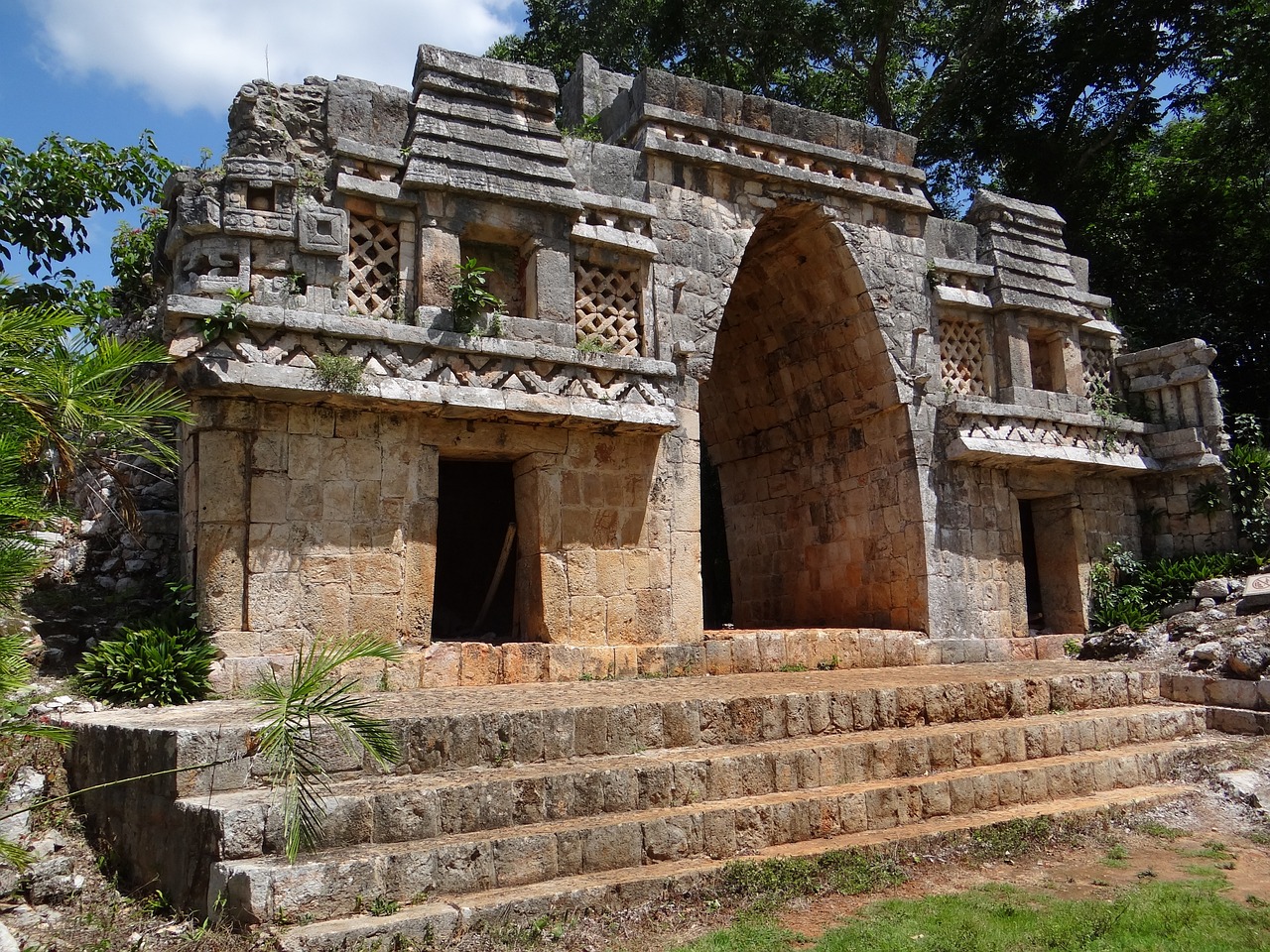
Reinterpretation of Artifacts
Exploring the impact of feminist perspectives on archaeological interpretations and how they challenge conventional historical narratives, shedding light on the roles and contributions of women in ancient societies.
When it comes to the in the field of feminist archaeology, a whole new world of understanding opens up. By examining these ancient objects through a gendered lens, researchers can unveil hidden stories and experiences of women long overlooked in traditional narratives. It's like looking at a painting from a different angle and suddenly noticing details that were previously invisible.

Gender and Power Dynamics
Gender and power dynamics play a crucial role in shaping archaeological interpretations and understanding ancient societies. By analyzing how gender intersects with power structures, feminist archaeology uncovers hidden hierarchies and inequalities that have often been overlooked in traditional narratives. Through a gendered lens, researchers are able to reveal the complexities of social relationships and the distribution of authority within past communities.
One of the key contributions of feminist archaeology is its emphasis on challenging the patriarchal assumptions that have long dominated historical interpretations. By questioning traditional views of power and leadership, feminist approaches shed light on the diverse roles that women played in ancient societies, moving beyond the simplistic portrayals often found in mainstream archaeological studies.
Moreover, the exploration of gender and power dynamics in archaeology extends beyond individual agency to consider broader social structures and systems of oppression. By examining how gender intersected with other forms of identity and privilege, feminist perspectives offer a more nuanced understanding of the complexities of power relations and social dynamics in the past.
Through the lens of gender and power, feminist archaeology challenges us to rethink our assumptions about the roles of men and women in ancient societies and encourages a more inclusive and intersectional approach to understanding the past. By acknowledging the influence of gender on social hierarchies and power dynamics, researchers can uncover the diverse experiences and contributions of individuals who have been marginalized or overlooked in traditional historical narratives.
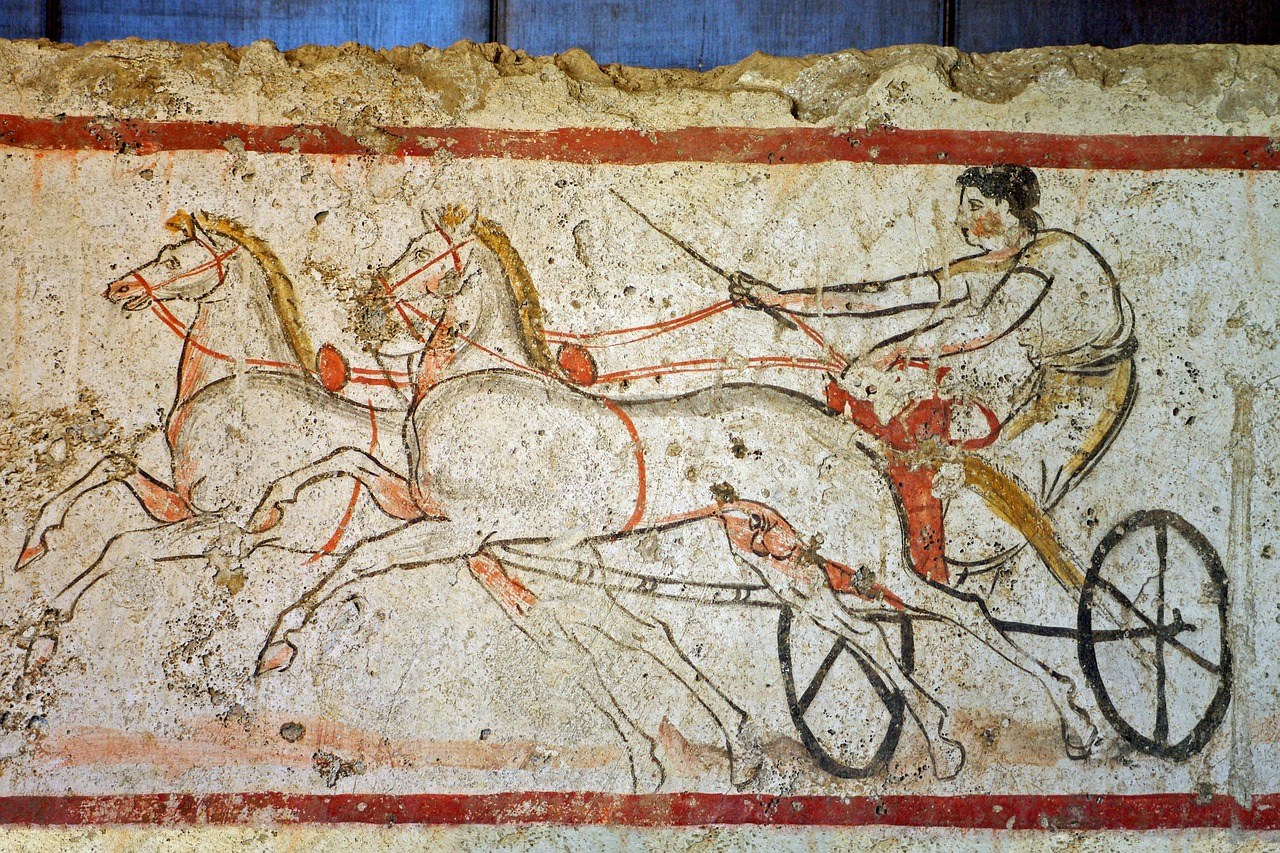
Queering Archaeology
Queering archaeology is a concept that challenges traditional heteronormative assumptions in the interpretation of historical sites and artifacts. It involves examining how LGBTQ+ identities and relationships were perceived and represented in ancient societies, offering new perspectives on gender and sexuality in the past. By queering archaeology, researchers aim to uncover marginalized narratives and voices that have been overlooked or erased in mainstream archaeological discourse.
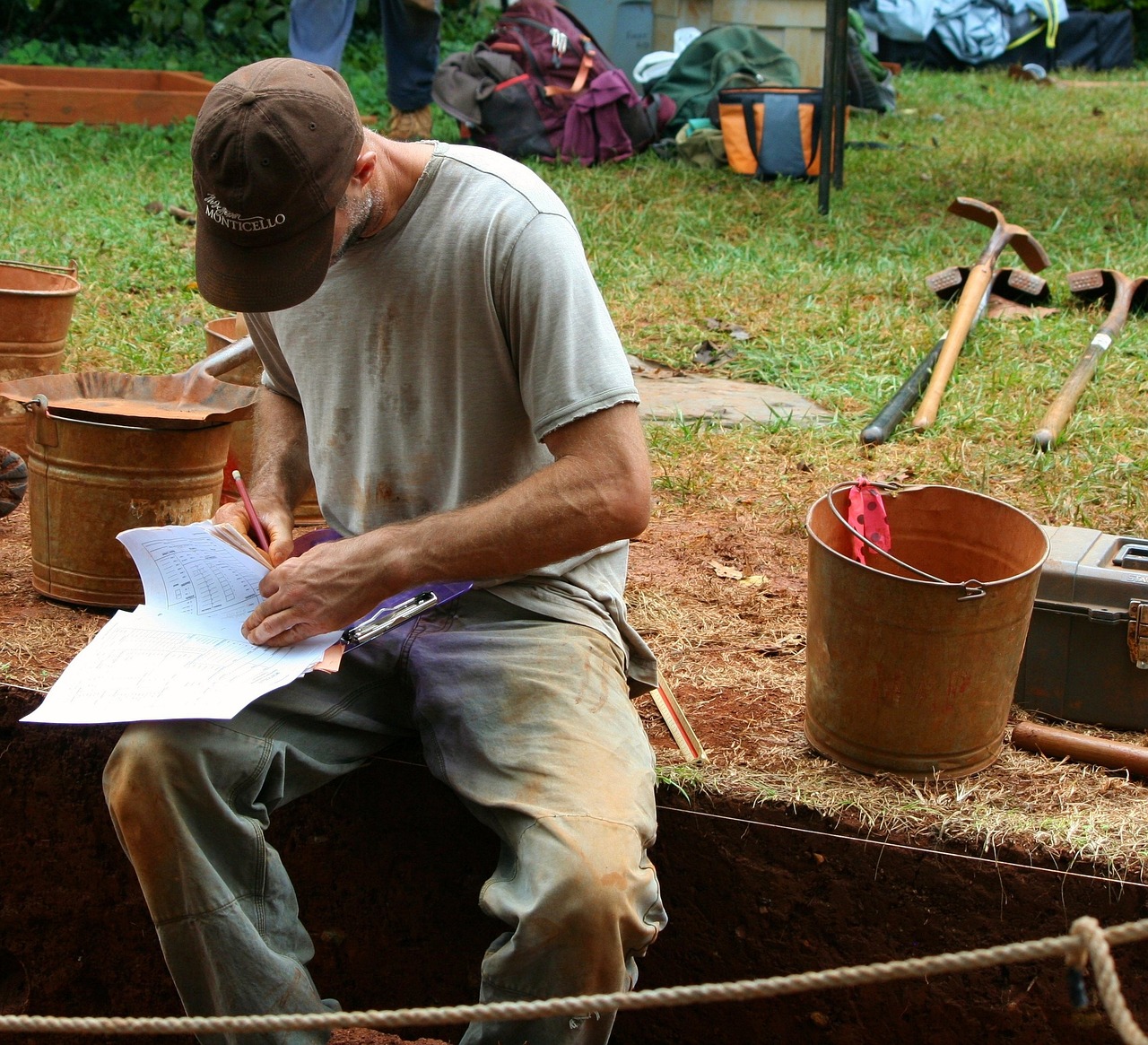
Archaeology of the Body
Exploring the impact of feminist perspectives on archaeological interpretations and how they challenge conventional historical narratives, shedding light on the roles and contributions of women in ancient societies.
When delving into the realm of , feminist perspectives bring a unique focus on studying human remains to uncover a wealth of information about gender, identity, health, and social status in ancient civilizations. By examining skeletal remains and burial practices through a gendered lens, researchers can discern patterns related to the roles and experiences of individuals based on their physical characteristics. This approach allows for a deeper understanding of how societal norms and power dynamics were manifested in the treatment of bodies, providing insights into the lived experiences of diverse populations throughout history.
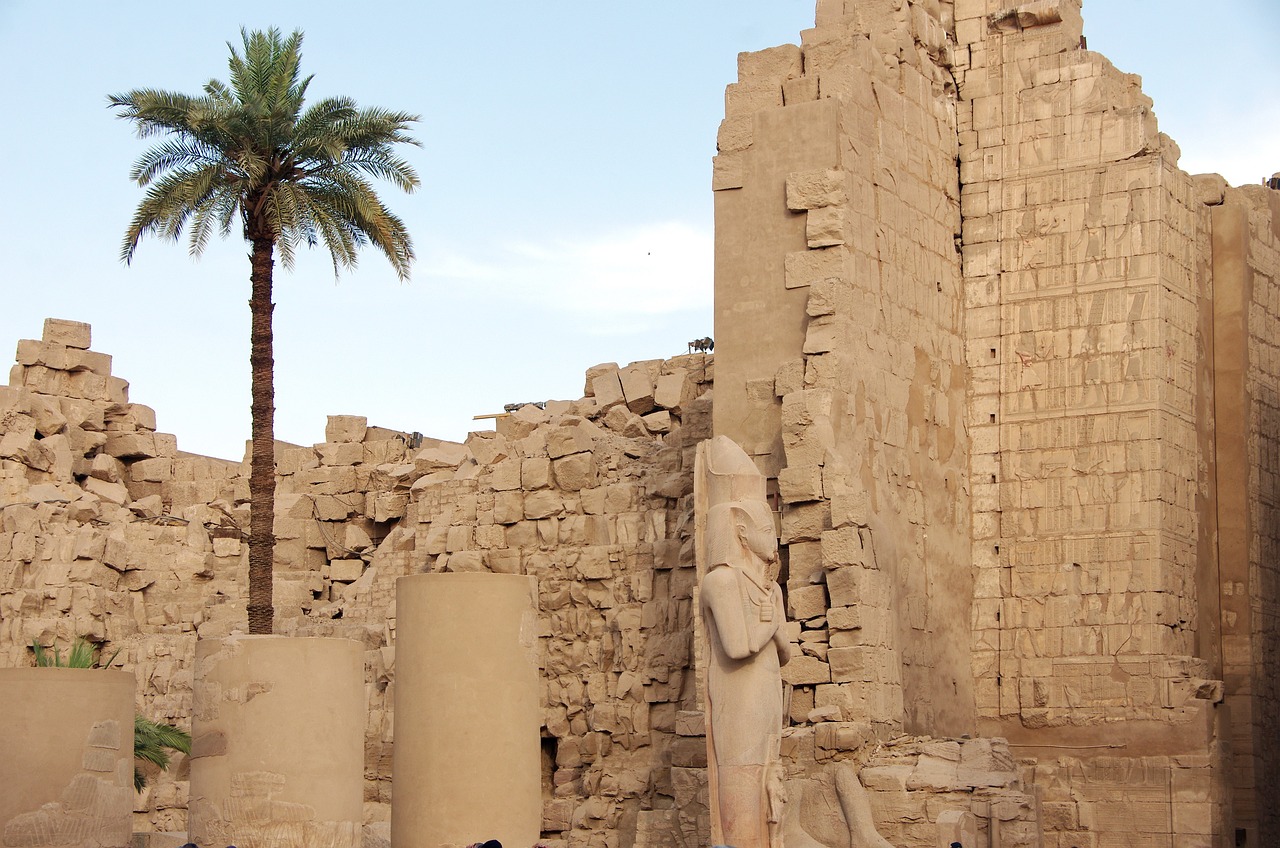
Intersectionality in Archaeological Research
Intersectionality in archaeological research is a critical lens through which feminist archaeology examines the interconnected nature of social categorizations such as gender, race, class, and ethnicity in past societies. By acknowledging the complexity of identities and experiences, archaeologists can uncover the multifaceted ways in which power dynamics operated in ancient cultures. This approach goes beyond simplistic interpretations and delves into the nuanced relationships between various social factors, providing a more comprehensive understanding of how individuals navigated their roles within their communities.
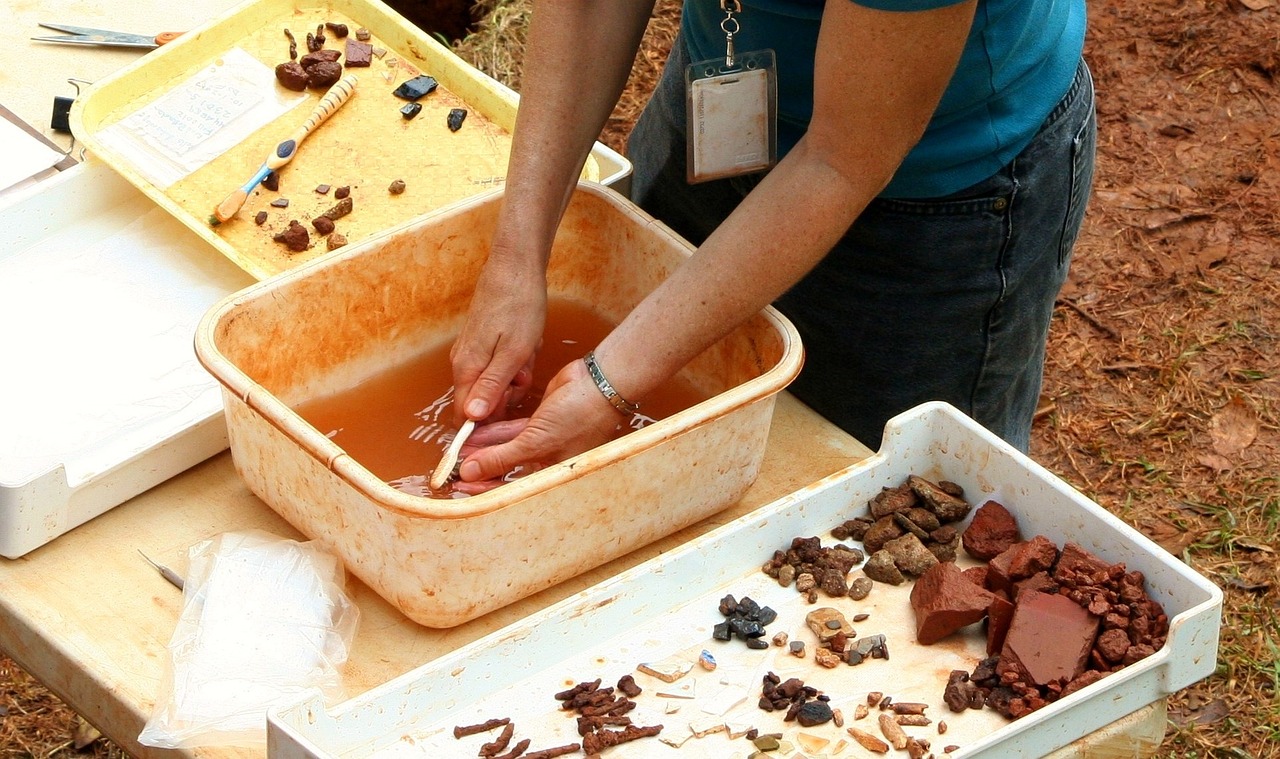
Community Collaboration and Indigenous Perspectives
Community collaboration and indigenous perspectives play a crucial role in shaping the landscape of feminist archaeology. By engaging with local communities and incorporating indigenous knowledge, archaeologists can gain valuable insights that may have been overlooked in traditional research approaches. This collaborative effort not only enriches archaeological interpretations but also fosters a more inclusive and respectful dialogue with the descendants of the cultures being studied.
One of the key aspects of community collaboration is the recognition of indigenous perspectives on heritage and history. Indigenous communities often hold deep-rooted knowledge about their ancestors, traditions, and sacred sites, which can provide a more holistic understanding of the past. By actively involving indigenous voices in archaeological projects, researchers can ensure that their work is culturally sensitive and aligned with the values and beliefs of the communities they study.
Moreover, community collaboration promotes ethical research practices by prioritizing the needs and interests of the local stakeholders. This approach not only empowers communities to take ownership of their heritage but also challenges the colonial legacies that have marginalized indigenous voices in archaeological narratives. By fostering partnerships built on mutual respect and reciprocity, feminist archaeology seeks to create a more equitable and inclusive space for knowledge production and dissemination.
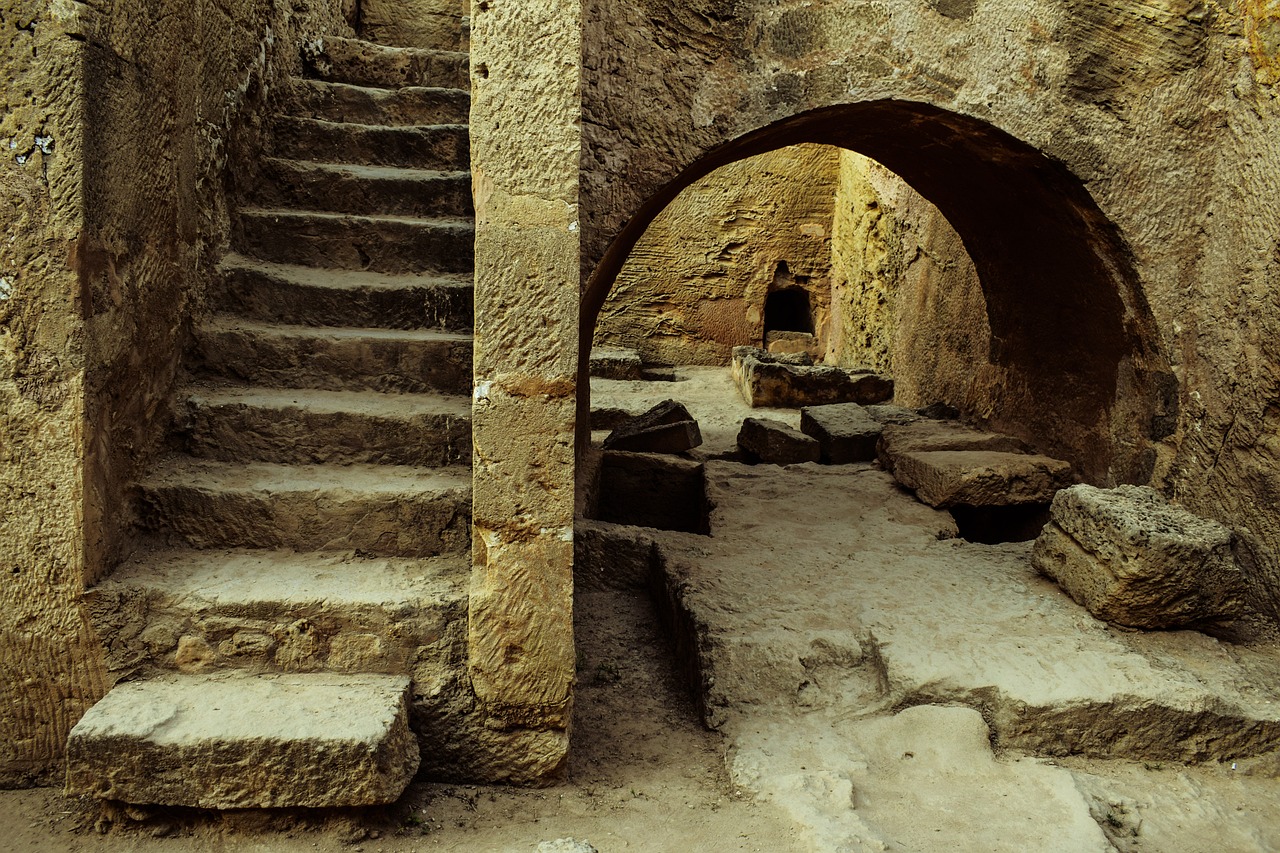
Decolonizing Archaeology
Decolonizing archaeology is a critical movement within the field that seeks to challenge and dismantle the colonial legacies that have influenced archaeological practices and interpretations. By acknowledging and addressing the impact of colonization on the discipline, decolonizing archaeology aims to promote a more inclusive, diverse, and equitable approach to studying the past.
One key aspect of decolonizing archaeology is the recognition of the biases and power dynamics inherent in traditional archaeological practices. This involves questioning the authority of Western perspectives and methodologies that have historically dominated the field, and instead, embracing a more collaborative and respectful approach that values indigenous knowledge and perspectives.
Decolonizing archaeology also involves reevaluating the ways in which archaeological research has been used to reinforce colonial narratives and stereotypes. By actively engaging with descendant communities and incorporating their voices and perspectives into research processes, archaeologists can work towards a more balanced and nuanced understanding of the past.
Furthermore, decolonizing archaeology emphasizes the importance of ethical practices and accountability in research. This includes addressing issues of repatriation, heritage preservation, and the respectful treatment of cultural materials and human remains. By centering the voices and concerns of marginalized communities, decolonizing archaeology seeks to create a more just and inclusive discipline.
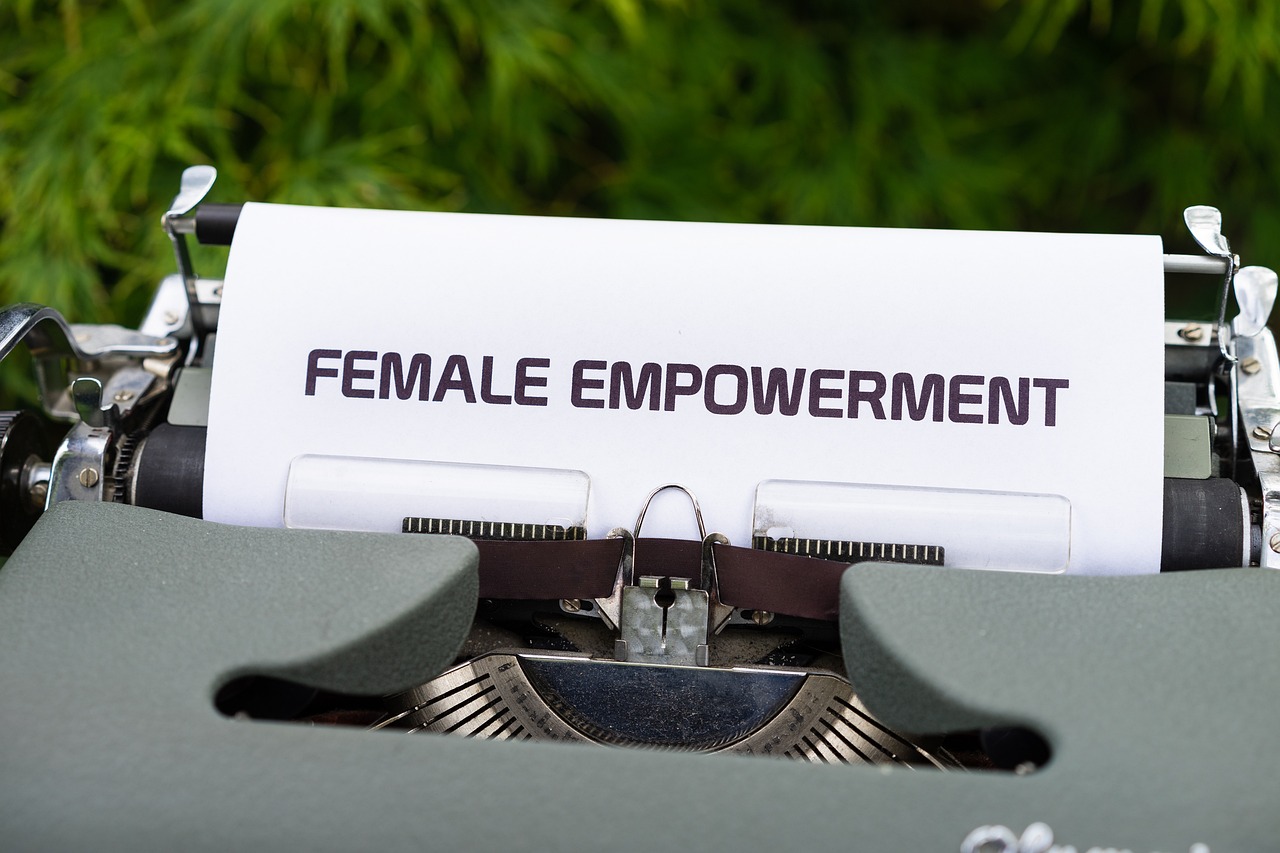
Future Directions and Challenges
As feminist archaeology continues to evolve and make significant strides in reshaping our understanding of the past, it faces both exciting future directions and complex challenges. One of the key areas of focus for the future of feminist archaeology is the ongoing effort to promote gender equality and diversity within the discipline. By amplifying the voices and contributions of women in ancient societies, feminist perspectives can help create a more inclusive and representative narrative of history.
Furthermore, the exploration of social justice issues through archaeological research presents a promising avenue for future development. By examining how power dynamics, inequalities, and identities intersect in past societies, feminist archaeology has the potential to contribute to broader discussions on social justice and equity. This interdisciplinary approach can shed light on historical injustices and inform contemporary efforts towards a more just and equal society.
However, feminist archaeology also faces challenges in its quest for a more equitable and diverse representation of the past. One of the significant hurdles is the need to navigate and address institutional biases and power structures within the field. Overcoming these obstacles requires a concerted effort to challenge existing norms and promote critical reflection on the underlying assumptions that shape archaeological interpretations.
In addition, the intersectionality of feminist archaeology poses both opportunities and challenges for future research directions. By incorporating factors such as race, class, and ethnicity into the analysis of gender dynamics in past societies, feminist archaeology can provide a more nuanced and comprehensive understanding of ancient cultures. Yet, navigating the complexities of intersectionality requires a thoughtful and sensitive approach to ensure that diverse perspectives are adequately represented and respected.
Overall, the future of feminist archaeology holds great promise in reshaping our understanding of the past and contributing to broader discussions on gender, power, and social justice. By embracing diversity, inclusivity, and ethical research practices, feminist perspectives can continue to challenge traditional narratives and pave the way for a more equitable and inclusive discipline.
Frequently Asked Questions
- What is feminist archaeology?
Feminist archaeology is a theoretical approach that seeks to challenge androcentric biases in archaeological research by examining the roles, experiences, and contributions of women in past societies. It aims to uncover hidden narratives and power dynamics that have traditionally been overlooked in the field.
- How does feminist archaeology reinterpret artifacts?
Feminist archaeology reinterprets artifacts through a gendered lens, focusing on how objects, sites, and remains can provide insights into the lives and experiences of women in ancient cultures. By analyzing material culture from a feminist perspective, new narratives and understandings of the past are brought to light.
- Why is intersectionality important in archaeological research?
Intersectionality in archaeological research acknowledges that factors such as race, class, ethnicity, and gender intersect and influence one another in shaping past societies. By considering these intersecting identities, feminist archaeology aims to provide a more nuanced and inclusive understanding of ancient cultures.
- How does feminist archaeology contribute to decolonizing the field?
Feminist archaeology contributes to decolonizing the field by challenging colonial legacies, advocating for inclusive and ethical research practices, and promoting diverse perspectives and voices in the interpretation of archaeological materials. It aims to create a more equitable and respectful approach to studying the past.
- What are the future directions and challenges of feminist archaeology?
The future directions of feminist archaeology involve ongoing efforts to promote gender equality, diversity, and social justice within the discipline. Challenges include addressing biases, advocating for inclusivity, and navigating complex power dynamics in archaeological research.

















